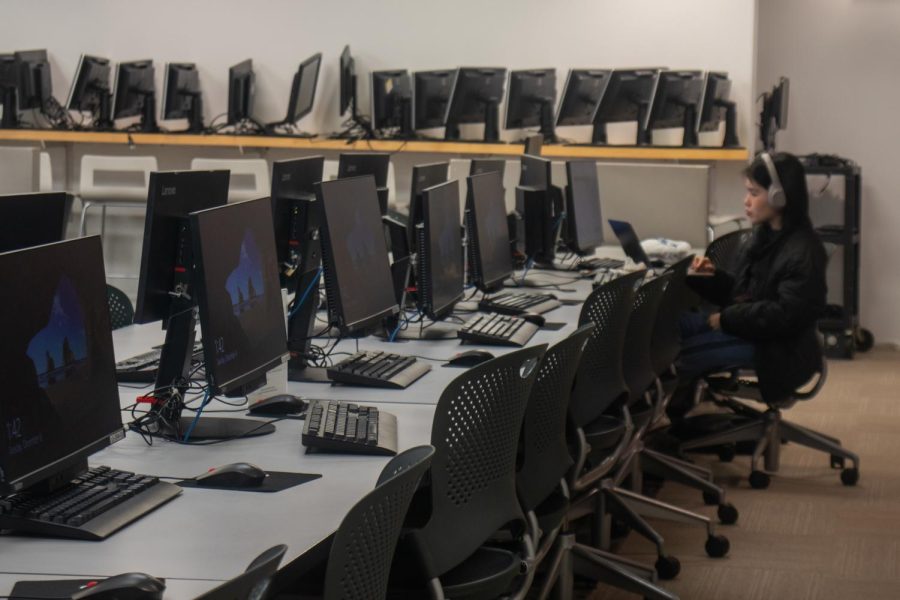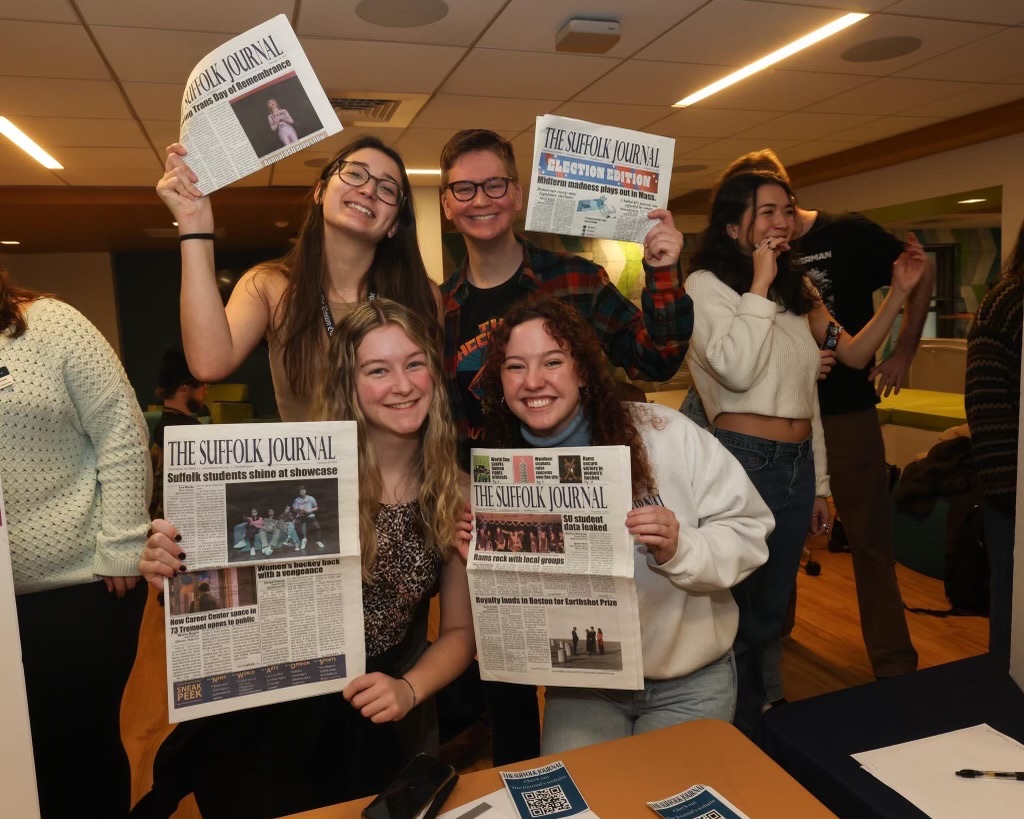College will never be free despite becoming a necessity in many workplaces, but our current systems are failing to keep this generation from drowning in debt.
The significance of a degree is not misplaced — it is important for many career paths to have some degree of higher education. The significance of this issue arises when a paywall is placed in front of human aspiration: A paywall that is extremely expensive with no way to work around it.
Our society is extremely dependent on the education provided by institutions. Corporations have become reliant on a workforce of bachelor’s and master’s degrees. This is for good reason: A college degree proves to an employer that you’re reliable enough to show up and do what’s expected of you. It’s a signifier that you’ve been able to achieve at a high level and retain the information necessary for whatever degree you pursued.
While our country begins to build a reliance on the process and completion of college, it seems only fair that these institutions increase accessibility and affordability.
However, this seems to be the opposite of reality. While many cheered on the optional test score option on college applications, institutions continue to push the upper limits of reasonable college tuition prices.
Currently, college students are facing an uphill battle against every university across the country for a fair rate for their degree. We can count on the fact that college will never be free, regardless of the hopes and promises politicians toss around. There will always be a financial component to the pursuit of higher education, but there is no reason it should push another generation into debt that will follow them until they retire.
The more realistic aspiration for colleges should be making them more affordable and accessible. Students shouldn’t be sifting through college acceptances like a clearance rack trying to score the best deal. Students’ choice of university should be first and foremost a selection based on individual needs and wants from the student, not a price tag.
College being affordable is something I am sure plenty of students can advocate for. Despite there being many ways to combat the price, these options don’t offer much relief from the exorbitant tuition costs. No matter the steps students take to engage with these opportunities, they don’t provide the levels of financial relief necessary.
Institutions like FAFSA and CSS Profile take financial situations into account and offer students a government aid package to assist with the financial burden. However, these institutions are deeply flawed and don’t gather a full enough picture of student and familial finances to provide meaningful aid to many students. Not to mention that these only gauge parental finances and take very little to no consideration of what students earn, despite many students paying a portion of if not all their tuition themselves.
Students also have the option to turn to each individual institution to offer remedies to the rising tuition prices for them, hoping to get a merit scholarship for their academics. Many students are offered aid from their individual schools, but these grants often do not shift with rising tuition prices and only cover a fraction of the costs that schools impose on students.
Even companies and nonprofits that offer scholarships cannot solve the overwhelming cost of tuition.
Even aspects of all these opportunities for students working in tandem don’t make a meaningful change in the tuition prices. Despite lowering costs, the leftover price can still be overwhelmingly expensive for students.
The only people truly getting “free college” are those with the extreme extenuating financial circumstances to receive enough aid from the government or those with extreme academic or athletic successes that warrant a full ride. These situations are few and far between and leave so many students wondering where to go when posed with their tuition bills every semester.
The country secures discounted college under very few conditions, one of them being service in the military. Students with the facilities and opportunity to join a ROTC program or the military are often granted certain benefits and discounts on college. This encourages youth to pursue the grueling and intense process of a military lifestyle in hopes of even slightly decreasing tuition costs.
The other option for many students is to not attend college at all. Students interested in higher education shouldn’t have to sacrifice the whole experience just to not insert themselves into the growing list of Americans with student loan debt.
Although the concept of loan forgiveness is currently being debated amongst our countries officials, these kinds of remedies are only putting Band-Aids on the deeper wound that is colleges driving prices up whilst cutting back on staff and amenities for their students.
The resources that colleges offer couldn’t be provided without the presence of a financial contribution from students. Professors, dormitories, health and wellness resources and all other resources that keep universities and their students thriving need money to prosper. I don’t expect any college to drop tuition to zero, but I expect their tuition rates to be reflective of the opportunities they offer their students. I expect that our systems that examine students’ worthiness of financial help actually reflect students’ needs accurately.
Everyone who wants to go to college should be able to without fear of being at the hands of a corrupt system that is after profit. All institutions should strive for students’ best interest rather than a check.











taylor • Nov 8, 2023 at 7:17 pm
wow what a great article, julia. i admire you so much.